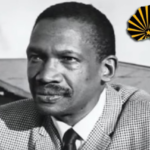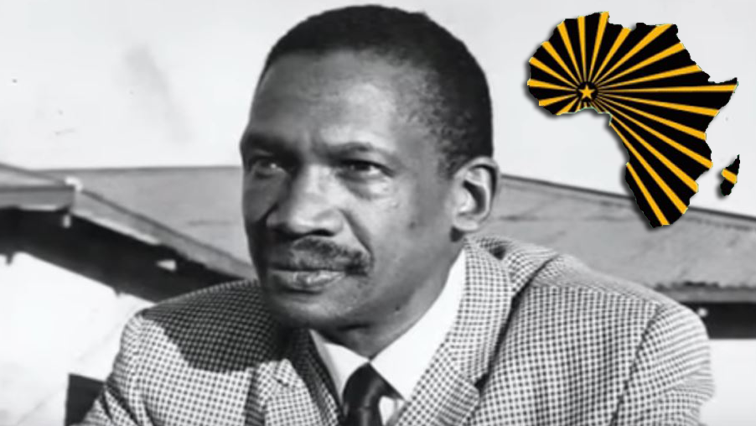
-
SAFA House.
The South African Football Association (SAFA) has shown no financial growth over the last two decades and it’s on the brink of bankruptcy.
Chairperson of the Association’s finance committee, Mxolisi Sibam, says SAFA’s annual turnover is R250 million and more than 25% of it goes to staff salaries.
Sibam has proposed salary adjustments for all the high earners, including national coaches.
As a result, Banyana Banayana coach Desiree Ellis and her employer are in dispute and she hasn’t signed her new contract.
Banyana are currently in the Democratic Republic of Congo for Tuesday’s Women’s Africa Cup of Nations qualifier.
Sibam says if financial restructuring is further delayed, SAFA will be liquidated.
He says SAFA pays approximately R60 million a year in salaries.
Bafana Bafana coach Hugo Broos and Ellis are among the highest earners.
SAFA has now proposed performance-based contracts.
“We will propose that we reduce their salaries from a percentage of between 25% and 5% that then be compensated by introduction of bonuses and this introduction of bonuses is quite generous because if in good years, they will actually get a bonus that is 2,5% of their annual salary. But we have a rider to this that says for us to start paying these bonuses SAFA must earn revenue of R350 million excluding the prize money we get from competitions,” says Sibam.
SAFA’s poor financial affairs are compromising its national teams.
Neither Amajita nor Amajimbos have had adequate preparation ahead of the FIFA Under-10 and Under-17 World Cup tournaments.
“Football is the biggest sport in this country, whether it’s by viewership, by participation, by following, by everything … it’s the biggest sport in this country, but yet, the resources that come to football, you cannot even match them to all other codes considered major codes. So, that has to be reversed because in football, we can turn this country around much more quicker, much cheaper than any other code because we are present in each and every ward in this country. So, this issue of underfunding of our national teams is not really a SAFA thing alone; it’s the issue of the country where the private sector of this country must look at football as an enabler,” adds Sibam.
Mark Haskins has questioned the commitment of the South African Football Association. He says it’s unacceptable that South Africa’s under-17 national team will be expected to compete at the FIFA under-17 World Cup in Qatar without proper preparation. #MorningLive#SABCNews
— SABCNews_MorningLive (@MorningLiveSABC) October 21, 2025
But poor governance at SAFA is the elephant in the room.
“If we can just look to all the other associations and federations in the country, they don’t hang their dirty linen in the outside because if you are a family and you always fighting and all your things are always in public because all families fight, that’s totally understandable, but the difference is not to hang your dirty linen in public and that causes huge damage and harm to SAFA and in our potential to generate revenue,” concludes Sibam.
SAFA’S unhealthy relationship with the Premier Soccer League further compounds matters, professionally and financially.










